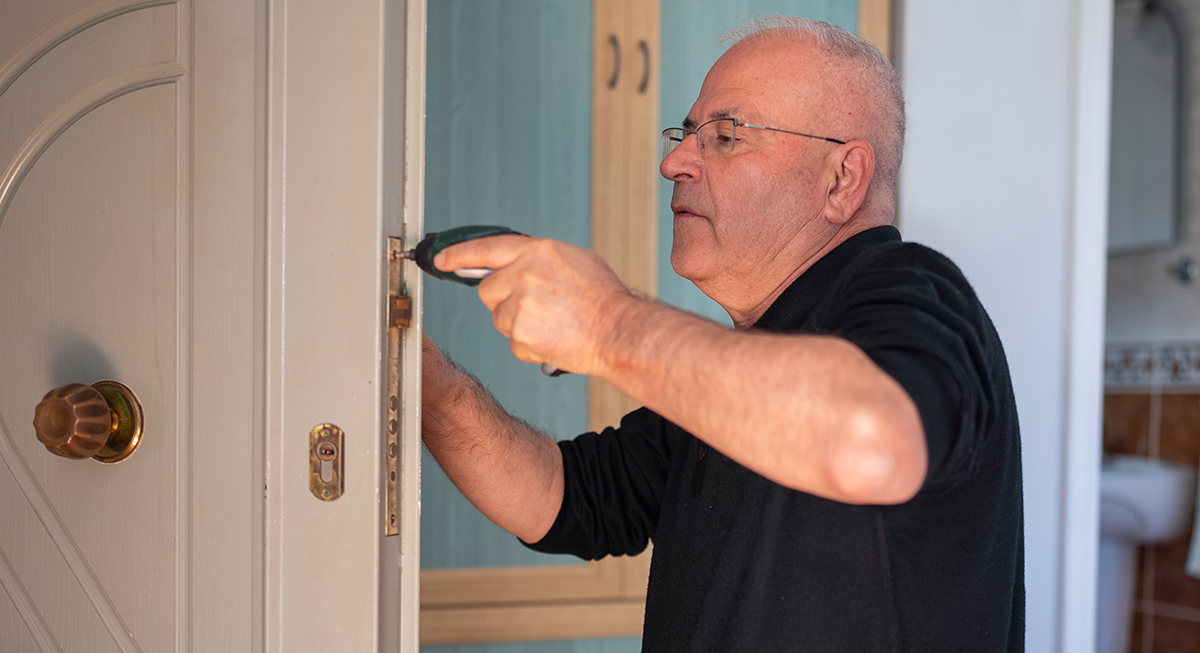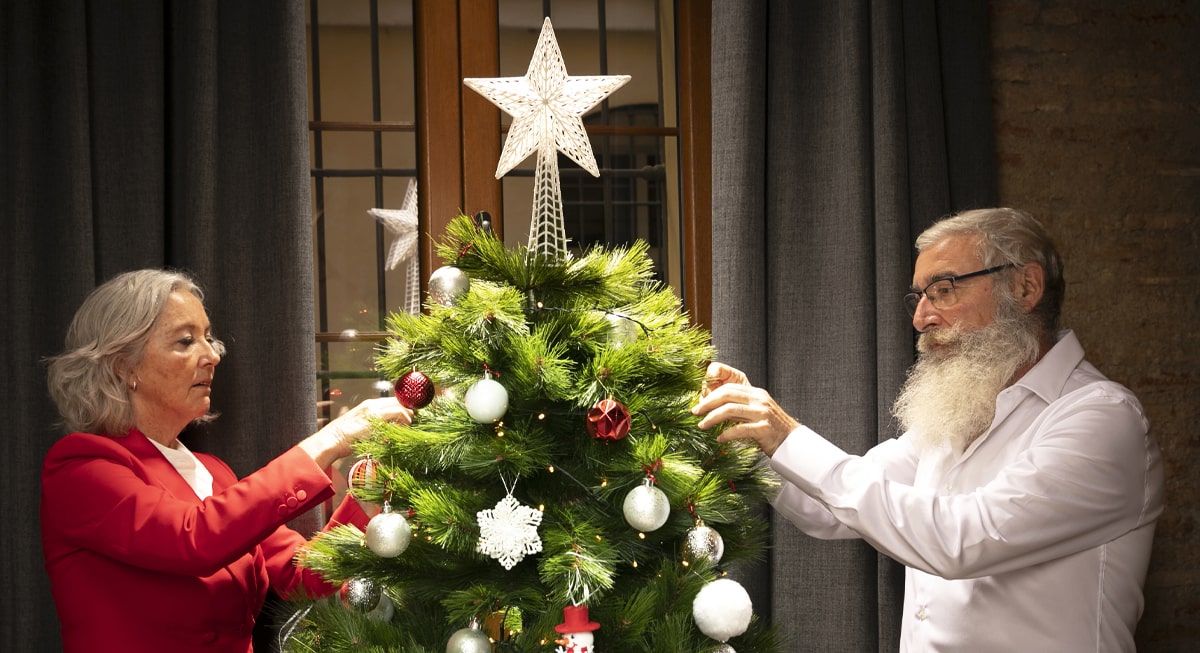It seems like we hear a lot about online scams lately, and let's be honest, the scams are getting a lot more sophisticated. It's more than just getting an email from a Nigerian Prince who wants to share his fortunes with you. Unfortunately, a lot of older people are being targeted by these scams. Here are five tips to protect older relatives from online scams.
1. Check in Regularly
The best thing to do to protect older relatives from online scams is to check in with them regularly. Have conversations, find out what's going on in their lives. This doesn't mean that you should show up and say "So, sent money to any strangers lately?" But this is a way to find out if they have anyone new in their lives. Have they met anyone online that you should be suspicious of?
Frequently, these online scammers prey on lonely people. And as you get older, it's easy to become more homebound and lonely and at risk of being taken advantage of. So checking in helps prevent that loneliness. Stay in contact.
2. Block Solicitations
Have your older relatives phone numbers unlisted and if they use cell phones, make sure that they have a spam call blocker setup. While that won't catch everything, it certainly helps, and it prevents a lot of annoyances. Have them use a email account that also blocks spam. My Gmail account catches a whole lot of spam, though not everything. And though it won't help with a lot of online scams, you can also have them opt out of mail solicitations too.
3. Setup Financial Safeguards
If you're worried about a family member spending too much money or giving away their money, if you have financial guardianship, you can setup a small spending account for them with a few hundred dollars and then protect the rest of their funds in a different account that's a bit harder to access or requires your permission. This is a big step though, and would require your family member to give you that kind of access.
4. Check their Credit Reports
Everyone is entitled to a free credit report from each of the reporting services every year, and they don't have to be ordered at the same time. You can sit down with your family member and help them pull one of their three credit reports every four months and review it together, making sure there's nothing unexpected. You can also make sure to lock their credit so no one can open a new account under their name.
5. Explain Common Scams
One of the easiest ways to protect older relatives from online scams is to explain all the scams that are out there. Have conversations. Talk about how sophisticated scammers are being. Point out that it's not just older people who are getting scammed but people of all ages. Do some online research of scams that are happening, read up about people's experiences on various forums, and share how easy it can be to get scammed. Remind them that there's no easy way to make money. If you're worried about a "grandchild scam," where someone calls and pretends to be a grandkid in need of immediate financial help, remind them that these are common scams. Make sure they ask the supposed grandchild a question that the kid would know to verify identity, like the color of a favorite toy or a silly childhood nickname. Help your elderly relatives protect themselves.










